Responsible consumerism is a notion that’s gained ground in recent years. (Been to a farmer’s market lately?) Many local independent business associations across the U.S. run campaigns to promote consciousness about shopping locally. The benefits are numerous: you help keep dollars in the local economy while promoting entrepreneurship, product diversity, environmental sustainability, and job creation—not to mention local character and strong communities. So, why don’t we think to shop locally when we travel?
Local tourism cooperatives are run by folks who grew up right there in the community—so who better to show you around?Small farming communities across Nicaragua have begun local tourism initiatives. Supporting these projects keeps money in the communities travelers visit and promotes sustainable socio-economic growth, avoiding the need for residents to migrate elsewhere to find work. And the best part? Local tourism cooperatives are run by folks who grew up right there in the community—so who better to show you around?Rustic accommodations mean you won’t be traveling in luxury, but you will save money. Since you’ll be in the countryside, there will be ample opportunities for hiking, bird watching, and horseback riding, which makes rural tourism a great option for nature lovers. You can also pick up some new skills: Learn how to make local food like tortillas and gallo pinto (Nica-style rice and beans), how coffee is grown and harvested for export, and how to make crafts from local artisans. Plus, you can practice your Spanish in a homestay.
Here are five top-notch rural Nicaraguan co-ops that have mastered the tourism trade.
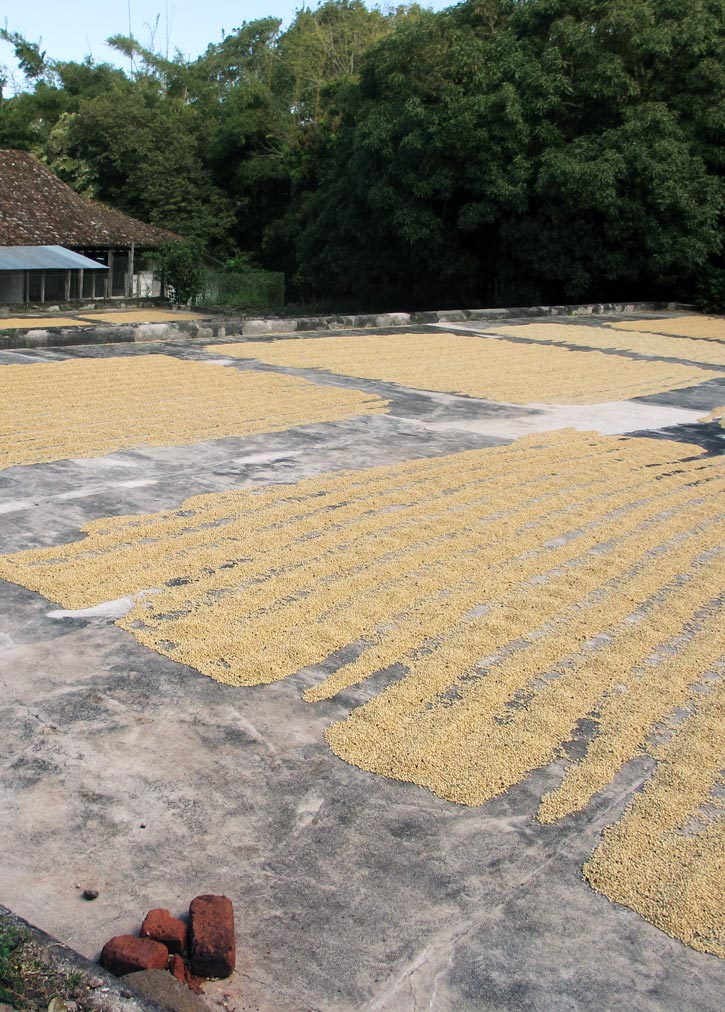
Learn about coffee production at Finca Magdalena. Photo © Elizabeth Perkins.
This coffee farm on Volcán Maderas on La Isla de Ometepe was once a wealthy hacienda. Now it’s land shared among a co-op of a couple dozen families who offer guest lodging in the century-old plantation house and surrounding cabins. Here at Finca Magdalena you can learn about coffee, visit ancient petroglyphs, and hike to the lagoon at the volcano’s peak. You’ll also get awesome views of the surrounding lake and the island’s other volcano, Concepción.
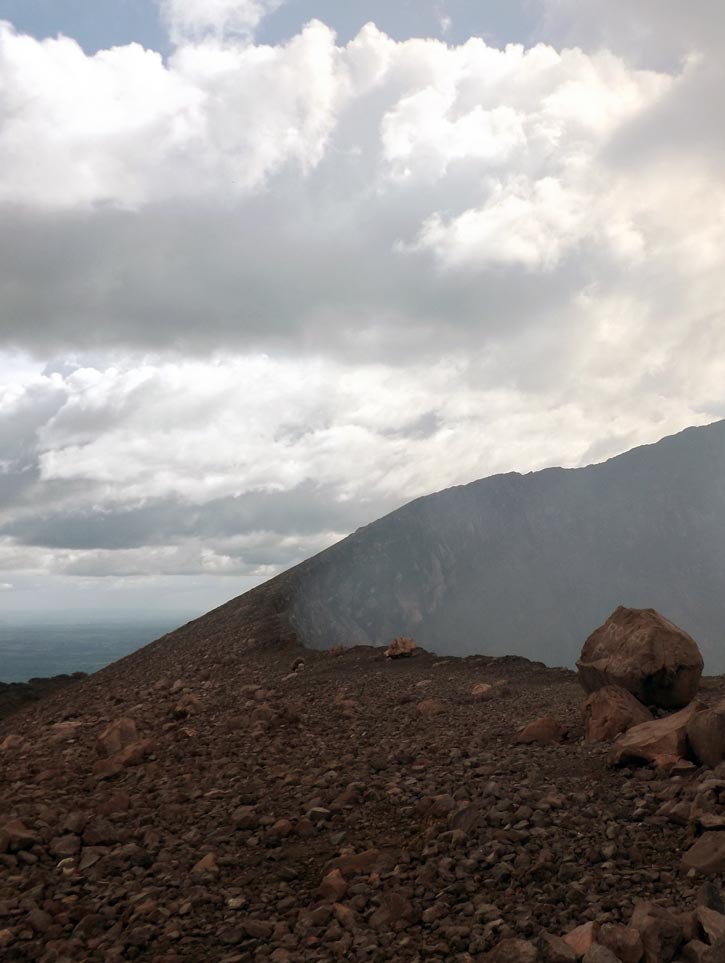
The smoking crater of Volcán Telica. Photo © Elizabeth Perkins.
Telica-Rota Tourism Cooperative: Spend the night at the base of the smoldering Volcán Telica near León. Take a tour by foot or on horseback to the enormous crater lip where you can catch a glimpse of lava as the sun sinks over the horizon. Hike through the surrounding nature reserve and tour a bat cave.
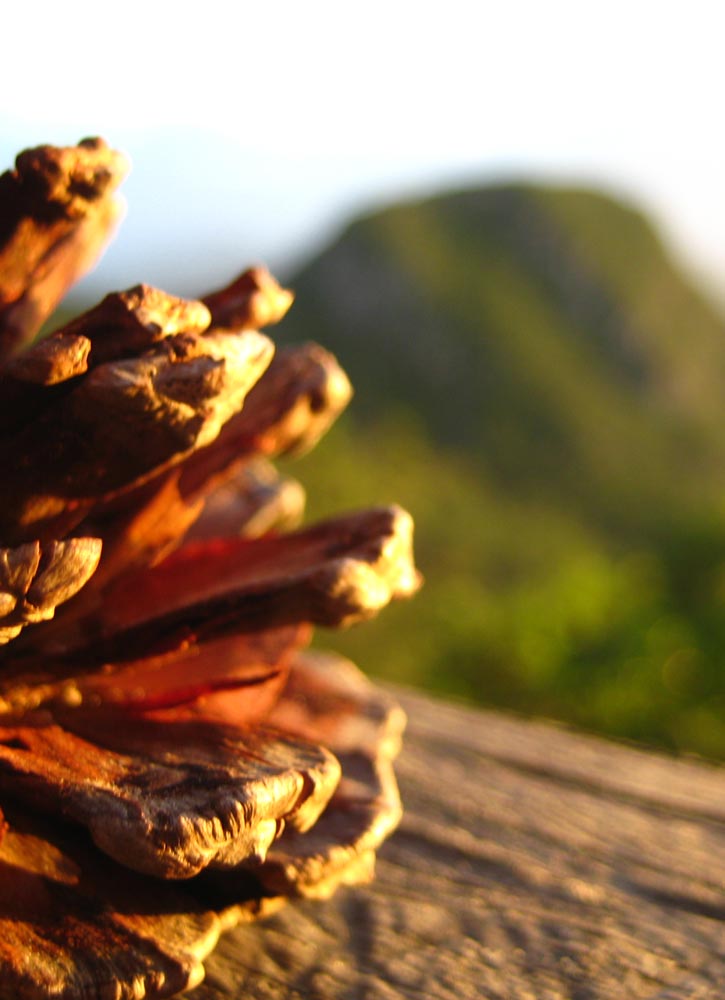
Soak in the smell of pine while you watch some spectacular sunsets. Photo © Elizabeth Perkins.
La Garnacha: Enjoy cool air and the smell of pine in Reserva El Tisey in the mountains of Estelí. Learn about their vermicomposting project and other agricultural programs, visit local limestone artisans, and consult a natural medicine specialist. On a clear day, you’ll have some of the most impressive mountain views in the country, and you might even get a good look at the Milky Way.
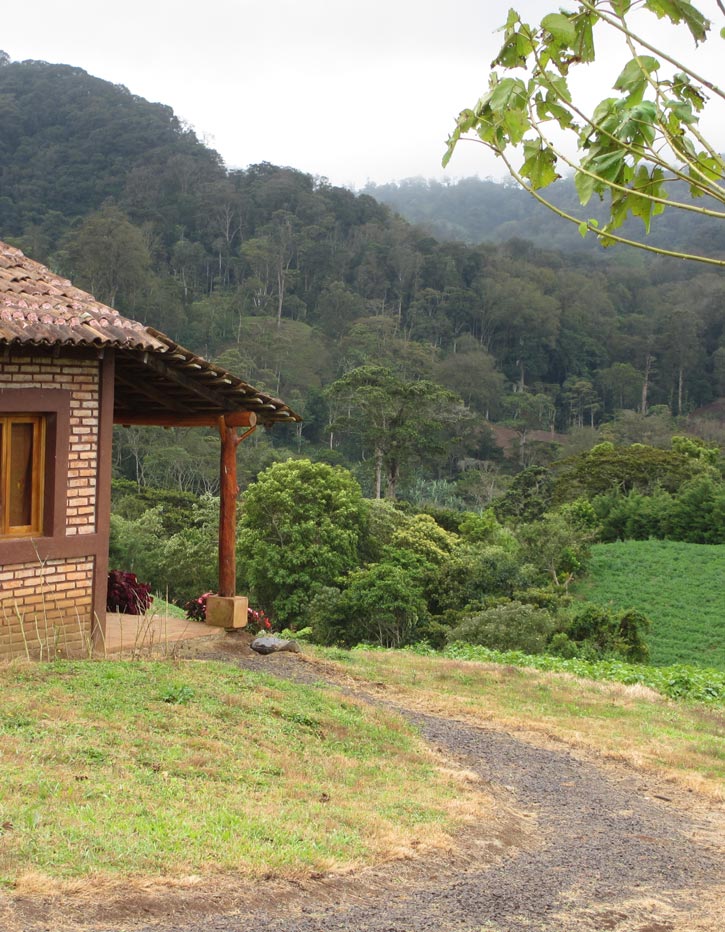
Rest up in the tranquil mountain retreat at La Fundadora. Photo © Elizabeth Perkins.
Eco-albergue La Fundadora is nestled in the mountains between Matagalpa and Jinotega at the foot of the Datanlí Nature Reserve. Take in the amazing view from a hammock on your private porch. Hike to a waterfall in the nearby reserve and take a tour of the co-op’s coffee crop. At night, snuggle up around a bonfire under the stars. (Don’t forget the s’mores!)
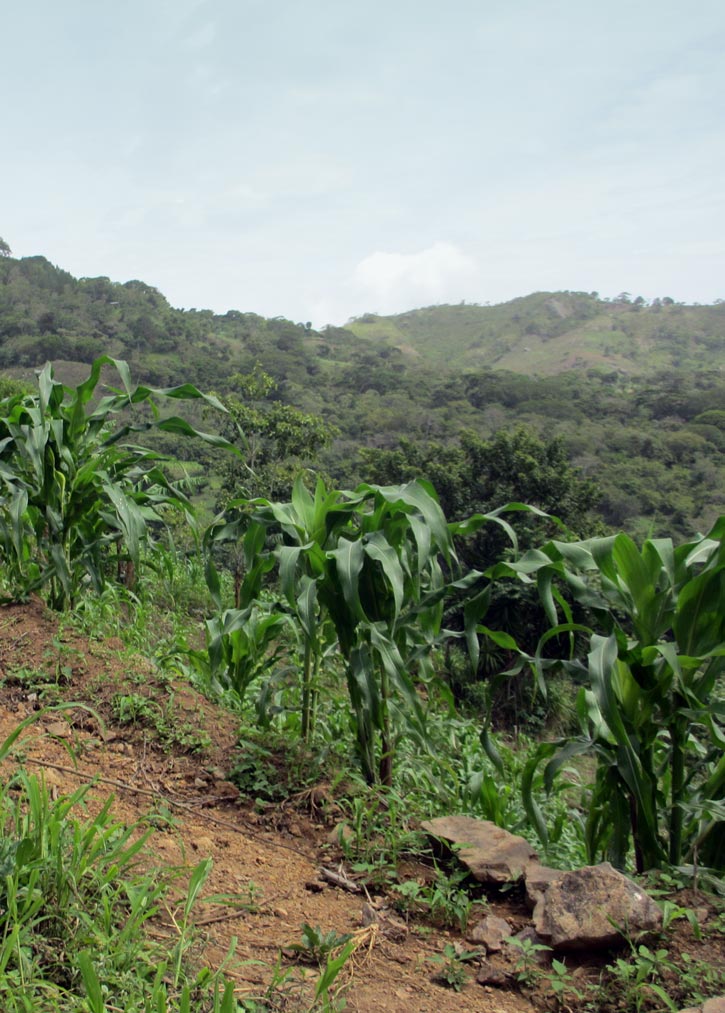
Take a hike up the side of a mountain in the community of La Reina whose coffee co-op provides beans for Green Mountain Coffee. Photo © Elizabeth Perkins.
Who better to learn about coffee from than the folks who grow it? UCA San Ramón is made up of a group of cooperatives from across the department of Matagalpa. Families in participating co-ops from a few different communities offer lodging in their homes and tours of the coffee production process. The nature in these highlands makes for beautiful hikes.
Tourism is rapidly changing the face of Nicaragua. If current trends continue, in ten years the country will look very different. Supporting rural tourism initiatives helps ensure that local communities remain intact through the changes to come. While you’re traveling, remember to spend some of your money at locally owned establishments.
Elizabeth Perkins is the author of the upcoming sixth edition of Moon Nicaragua, available in November 2015.